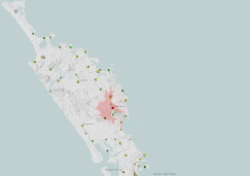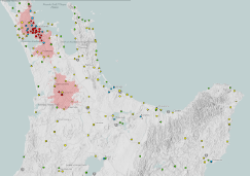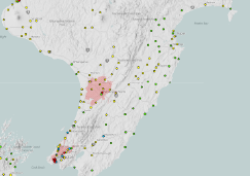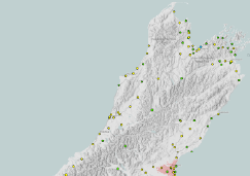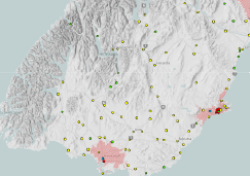On this page
-
NZPFU collective bargaining -
Upcoming strike action -
Reduce your risk -
Updates on collective bargaining with the NZPFU
NZPFU collective bargaining
The New Zealand Professional Firefighters Union (NZPFU) is one of three unions representing employed personnel at Fire and Emergency New Zealand. The NZPFU covers members employed as firefighters, officers, National Communications Centre staff, and other operational roles such as training, volunteer support, risk reduction, and community readiness and recovery.
Collective agreements are re-negotiated periodically, and at least every three years. Fire and Emergency are currently negotiating with the NZPFU.
Upcoming strike action
On Friday 20 February members of the New Zealand Professional Firefighters Union (NZPFU) will be stopping work for one hour, from 12pm to 1pm.
What this means for you
Fire and Emergency will continue to answer 111 calls and respond to fires in affected areas during this hour, but in cities and larger towns we will take longer than usual to respond to some emergencies.
Our more than 11,000 volunteers are available to respond from their almost 600 stations across the country and in their own trucks to help as they regularly do.
The maps below show our station locations, and where paid firefighters will stop work; strike affected areas are indicated by red shading.
Reduce your risk
There are things you can do to prepare for any strike period, and to reduce your risk of harm from unwanted fires.
In the event of a fire, make sure your household or workplace is well prepared. We’re also asking businesses to be extra careful around any work practices that could result in fire, and building owners to make sure their tenants understand their evacuation schemes and procedures.
- Check to see if your area is affected by the industrial strike action.
- Please be careful doing anything that could start a fire.
- Do not leave cooking unattended.
- If there is a fire, get out, stay out and call 111.
- Have a 3-Step Escape plan(opens in a new tab) with working smoke alarms, two ways out and a safe meeting place.
- For those at work, you should be familiar with your building evacuation plan. If the fire alarms sounds, exit the building, and assemble at your safe meeting place.
- For building owners, be extra careful and make sure tenants understand their evacuation schemes and procedures(opens in a new tab).
- Delay lighting fires and or any activities that create heat or sparks outdoors.
For more detailed fire safety information, visit the pages below:
- Home fire safety(opens in a new tab)
- In the event of a fire(opens in a new tab)
- Building fire safety(opens in a new tab)
- Outdoor and rural fire safety(opens in a new tab)
- Hazardous substances.(opens in a new tab)
If you have any specific fire safety concerns that aren’t covered on our website, please contact us atWeb.Communications@fireandemergency.nz.
Updates on collective bargaining with the NZPFU
You can find our latest media statements in the News and Media section(opens in a new tab).













